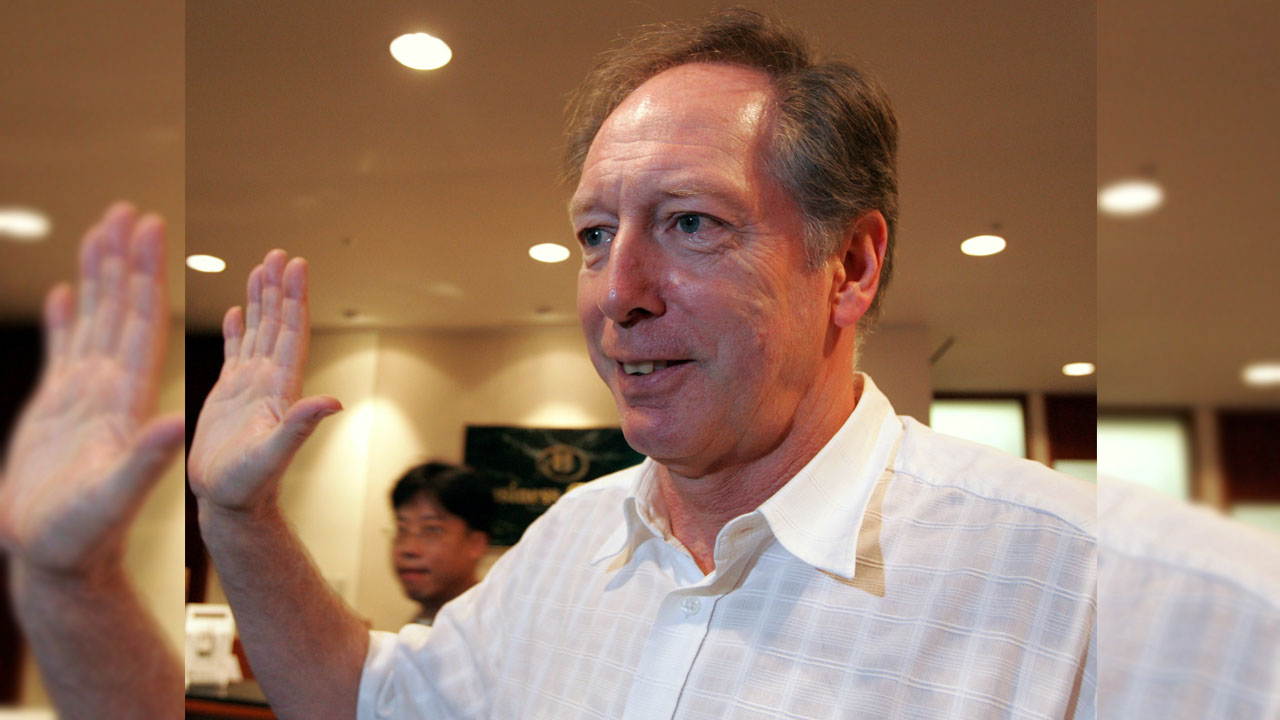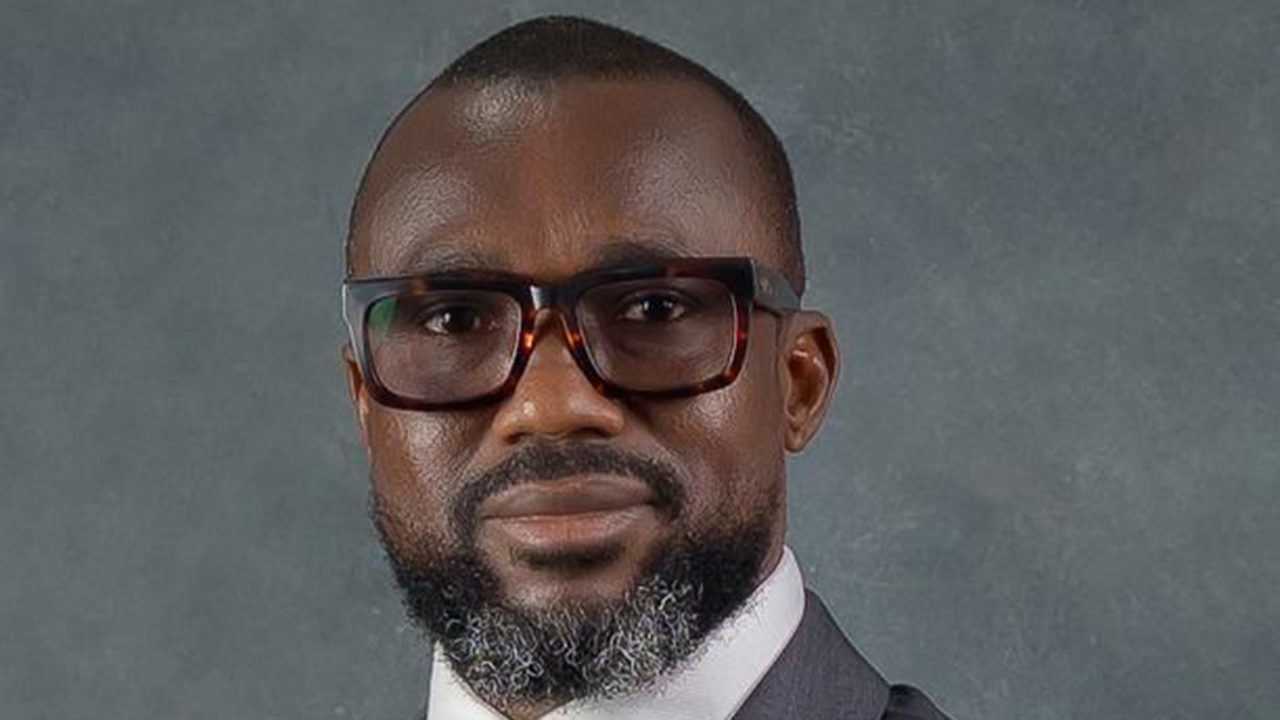
The Islamic Republic of Iran leads with the highest number of recorded death penalty executions, accounting for 74% of all recorded executions, the European Union (EU) has said in its October 10 commemoration of the European and World Day Against the Death Penalty.
A joint statement by the High Representative of the European Union, Josep Borrell, and the Secretary General of the Council of Europe, Alain Berset, condemned the death penalty as an inhuman, degrading treatment or punishment, representing the ultimate denial of human dignity.
On the occasion of the commemoration, the EU and the Council of Europe strongly reaffirmed their unequivocal opposition to the death penalty or its reintroduction in all cases and in all circumstances, stating: “We welcome the growing worldwide support for the abolition of the death penalty.
“More than two-thirds of all countries have abolished the death penalty in law or in practice. Last year, the number of countries that carried out executions reached the lowest figure on record. Despite this trend towards abolition, the death penalty is still carried out in a number of countries,” the joint statement read.
According to the Council of Europe and the EU, the five countries with the reported highest number of executions in 2023 were China, Iran, Saudi Arabia, Somalia, and the United States of America. According to reports, Iran alone accounted for 74% of all recorded executions.
The use of nitrogen hypoxia, a controversial method of execution, in the United States of America, was described by the EU and the Council of Europe as a matter of major concern.
Meanwhile, the Council of Europe and the EU noted that Belarus is the only country in the continent of Europe that still carries out the death penalty.
The Council of Europe and the EU called on the few remaining states that still carry out death sentences to introduce a moratorium as a first step towards full abolition.
“Proponents of the death penalty often base their argument on the notion that it deters crime. However, the evidence shows clearly that the death penalty has little or no effect on deterring or reducing crime. The death penalty does not make societies safer.
Furthermore, capital punishment makes miscarriages of justice irreversible,” the joint statement read.
The Council of Europe and the EU reaffirmed their commitment to strengthening their cooperation to counter narratives promoting the reintroduction of the death penalty, including in Europe, and to foster an open and democratic debate towards its full abolition in all parts of the world.
They also expressed their determination to support all efforts to improve transparency around the use of the death penalty and to strengthen their engagement with young people and civil society.
“The death penalty is a relic of the past which should have no place in the 21st century. It has to be abolished now,” the joint statement advocated.





